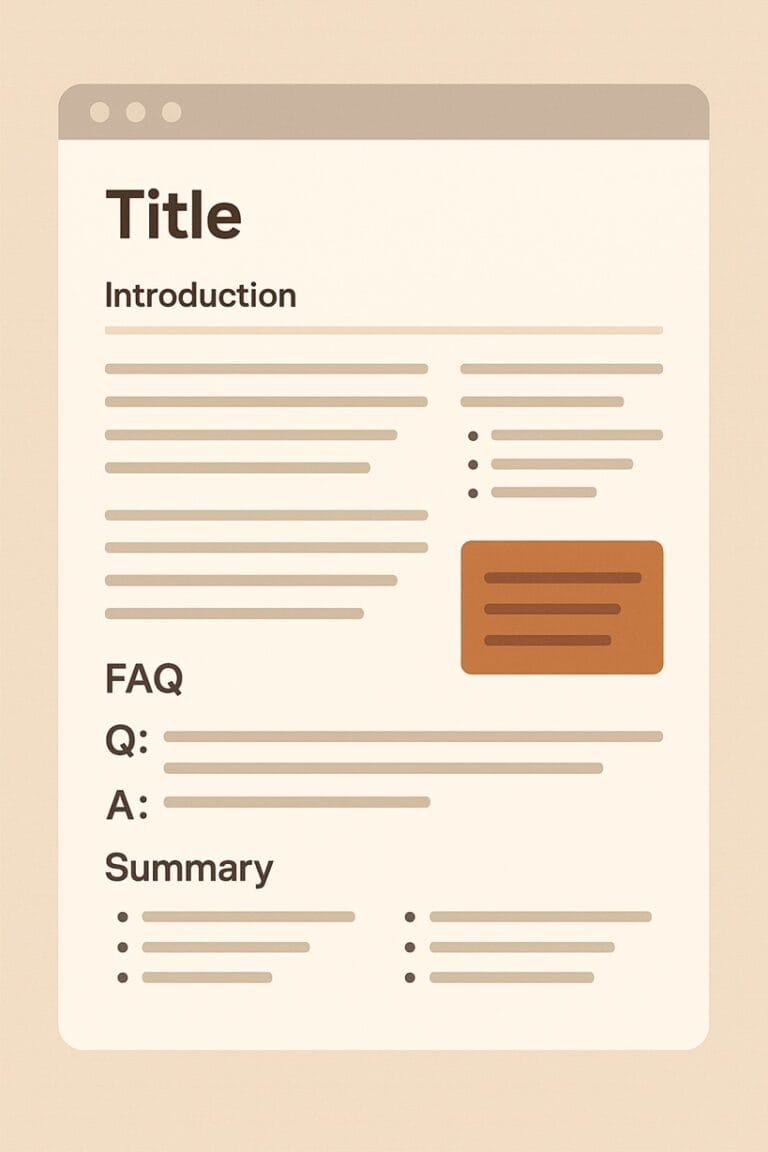Game Theory for Writers: Win by Playing the Long Game
“Infinite players play to keep the game going, while finite players play to win. Those who play infinitely last longer.” –Simon Sinek, The Infinite Game.
Imagine a game with no winner, no final score, and no end in sight. Instead of aiming for a fleeting victory, the objective is to keep playing, improving, and staying in the game. This is the essence of an “infinite game,” a concept from game theory with profound implications for new indie authors navigating the challenging world of writing, publishing, and marketing their books.
In this writer’s guide, we’ll explore how game theory can provide valuable insights for new indie authors. From distinguishing between finite and infinite games to sustaining motivation in the face of obstacles, we’ll examine how adopting a mindset ensures long-term success. By the end, you’ll have actionable strategies to shift your focus from merely “winning” at publishing to thriving as a career author.
Finite vs. Infinite Games
Game theory teaches us that finite games have clear rules, players, and objectives, like winning a baseball game or achieving a specific sales milestone. Infinite games, on the other hand, are open-ended with evolving players and rules. The goal isn’t to win but to keep the game going.
Many new indie authors approach their career as a finite game. They aim to finish their book, hit bestseller status, or beat other authors in the rankings. While these milestones are important, focusing solely on short-term wins can lead to burnout and frustration.
Instead, consider your author career as an infinite game. The goal isn’t to publish one book or outsell others. It’s to grow as a writer, connect with readers, and build a sustainable career. This game theory mindset shift reduces the pressure and fosters resilience and creativity.
The Importance of Knowing the Game
Understanding whether you’re playing a finite or infinite game is key to choosing the right strategies. For example, you’re playing a finite game if your primary goal is to “win” NaNoWriMo by hitting 50,000 words in a month. That’s fine for short-term challenges, but your larger focus should be on maintaining the energy to write and publish for years to come.
Ask yourself:
- Am I prioritizing short-term wins over long-term growth?
- Do my goals align with building a sustainable career or meeting immediate benchmarks?
Recognizing the infinite nature of your author journey empowers you to make better decisions, from how you market your book to how you manage your creative energy.
Balancing Values and Interests
Successful indie authors balance their values (their “why”) with their interests (their “what”). Your values might include creativity, authenticity, or connection, while your interests might focus on selling books or building a brand.
For example, an author whose values center on environmentalism might publish print-on-demand books to minimize waste or donate a portion of sales to conservation efforts. This alignment makes their brand more authentic and appealing to readers.
To start balancing values and interests:
- Define your core values as a writer.
- Evaluate how your publishing and marketing strategies align with these values.
- Adjust your goals to reflect what matters most to you.
Avoiding Short-Term Thinking
Short-term thinking, like obsessing over Amazon rankings or social media metrics, can derail indie authors from their long-term goals. While it’s natural to celebrate a good sales day or a viral post, these fleeting wins shouldn’t overshadow the larger picture.
Instead:
- Focus on building relationships with readers through newsletters or engaging content.
- Prioritize quality over quantity when creating new books or marketing materials.
- Set goals to contribute to your career’s longevity, such as learning new skills or building a backlist of books.
By adopting a long-term perspective, you’ll avoid the traps of comparison and frustration.
Lessons from Infinite Resilience
Success as an indie author requires infinite resilience—the ability to adapt, persist, and grow despite challenges. Publishing is a marathon, not a sprint, and setbacks are inevitable.
Here are strategies to stay motivated:
- Recognizing progress keeps you motivated, whether it’s a positive review or completing a chapter. Celebrate these small victories to keep your spirits high and your motivation strong.
- Revisit Your “Why”: Reflect on why you started writing. This deeper purpose will help you overcome tough times.
- Cultivate a Growth Mindset: See challenges as opportunities to learn and improve rather than failures.
Infinite resilience ensures you remain committed to your long-term goals, especially when things don’t go as planned.
Game Theory and Collaboration
In game theory, collaboration often leads to better outcomes, especially in infinite games. Indie authors can apply this principle by working with others to overcome shared challenges.
Examples of collaboration include:
- Cross-Promotions: Team up with other authors in your genre to expand your audience.
- Co-Authoring: Share the workload and reach of a book project.
- Sharing Resources: Exchange tips, tools, or services with fellow authors to save time and money.
Collaboration turns competitors into allies, fostering a sense of community and shared success while benefiting everyone involved.
Values-Driven Marketing and Branding
In an infinite game, predictability builds trust. Readers are more likely to connect with an author whose brand aligns with their values and remains consistent over time.
To create a values-driven brand:
- Highlight causes or themes you care about in your marketing.
- Be authentic in your interactions with readers through newsletters or social media.
- Avoid chasing trends that don’t align with your identity as a writer.
Readers who know what you stand for are more likely to become loyal fans.
Game Theory Beyond the Basics
Game theory offers additional beneficial concepts for new indie authors:
- Nash Equilibrium: To maximize productivity, balance competing priorities, such as writing and marketing.
- Non-Zero-Sum Thinking: Recognize success isn’t a competition. Growing the overall indie author community benefits everyone.
These principles encourage indie authors to think strategically and focus on sustainable growth rather than fleeting wins.
Play the Long Game
The world of indie publishing is an infinite game. It’s not about writing the perfect book, achieving instant fame, or outselling everyone else. It’s about creating, connecting, and growing over time.
To succeed:
- Adopt an infinite mindset by focusing on long-term goals.
- Align your decisions with your core values.
- Stay resilient through setbacks by celebrating small wins and revisiting your “why.”
- Collaborate with others to build a supportive community.
- Market authentically to build trust with your readers.
Remember, the goal is to keep playing, evolving, and enjoying the process. Start thinking like an infinite player today, and you’ll be set for an exciting author career.
We hope you’ve found the writer’s guide strategies valuable and motivating. We hope they’ll equip you with the insights and tools needed to help you succeed as a new author.
For more help, see AI Empowers New Indie Authors: 5 Best Hacks. You might also like Outcome-Based Management: 7 Steps to Writing Success.
Writing is a journey of continuous learning and improvement. You don’t have to go it alone. We’re excited to continue the journey with you, providing guidance and encouragement every step of the way. Our goal is to provide fundamental insights and practical advice to help you navigate the writing world with increased confidence.
If you have a draft you want to publish and wonder how AI can help read, Is Your Book Ready to Self-Publish? Lastly, for help writing a non-fiction book, read Write Your First Non-Fiction eBook: a 30-Day Workbook for Getting It Done.
Don’t wait. Start today!
How can we help? To let us know, please fill out our Contact form. Happy writing!
Frequently Asked Questions
To help you better understand how game theory concepts can enhance your indie author career, we’ve compiled answers to five frequently asked questions.
How does game theory apply to balancing writing and marketing as an indie author?
Game theory encourages a strategic balance between competing priorities. Instead of treating writing and marketing as separate, competing “finite games,” view them as parts of an infinite game building your career. Create a workflow where these activities complement each other, such as writing consistently while dedicating specific time to marketing.
Can game theory help me price my books more effectively?
Yes! Consider the “non-zero-sum game” concept. Pricing doesn’t have to be about undercutting competitors. Instead, focus on strategies to create value for readers, like offering bundled deals, free lead magnets, or launching at a discounted rate to build momentum. This collaborative mindset grows the overall market and benefits all indie authors.
What does game theory suggest about dealing with competition in the indie author market?
Game theory highlights the benefits of collaboration over competition in infinite games. Instead of viewing other authors as rivals, partner with them through cross-promotions, anthologies, or joint events. This fosters mutual growth and creates a supportive community, enhancing visibility for all participants.
How can game theory help me stay motivated in the face of low book sales?
Game theory emphasizes infinite resilience. Sales fluctuations are natural in an infinite game like publishing. Focus on the bigger picture: building a loyal reader base, improving your craft, and developing marketing strategies. Celebrate small wins, like receiving a positive review or gaining new newsletter subscribers, to maintain motivation.
What role does adaptability play in game theory for indie authors?
In an infinite game, rules and players change over time, so adaptability is essential. For indie authors, this means staying open to new platforms, technologies, and marketing trends. Experiment with AI tools, pivot genres if necessary, or explore new storytelling formats, like audiobooks or serialized content, to stay relevant.



